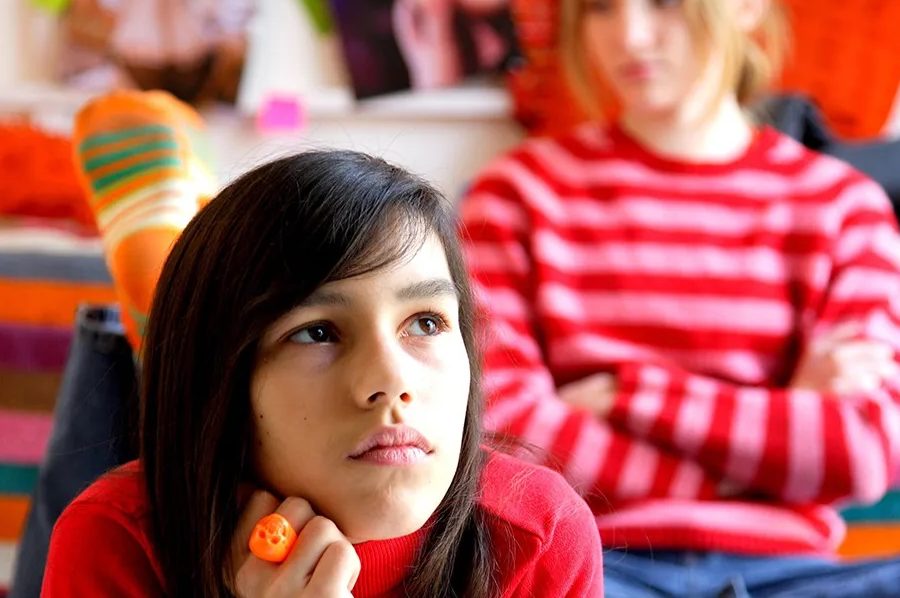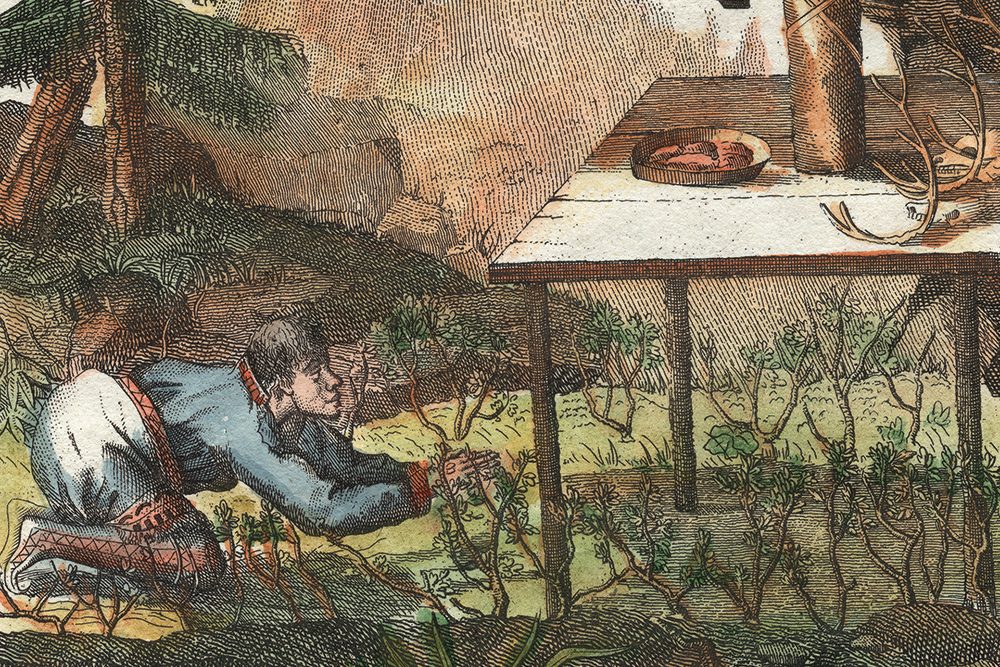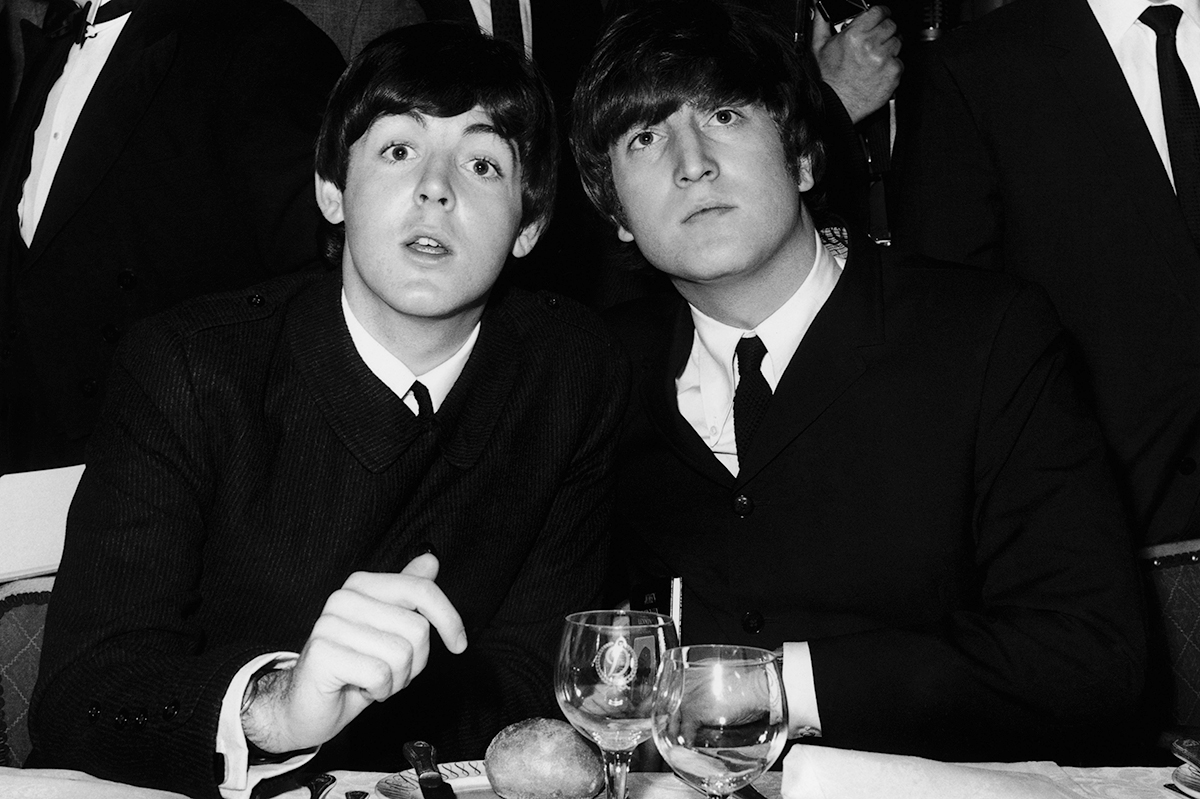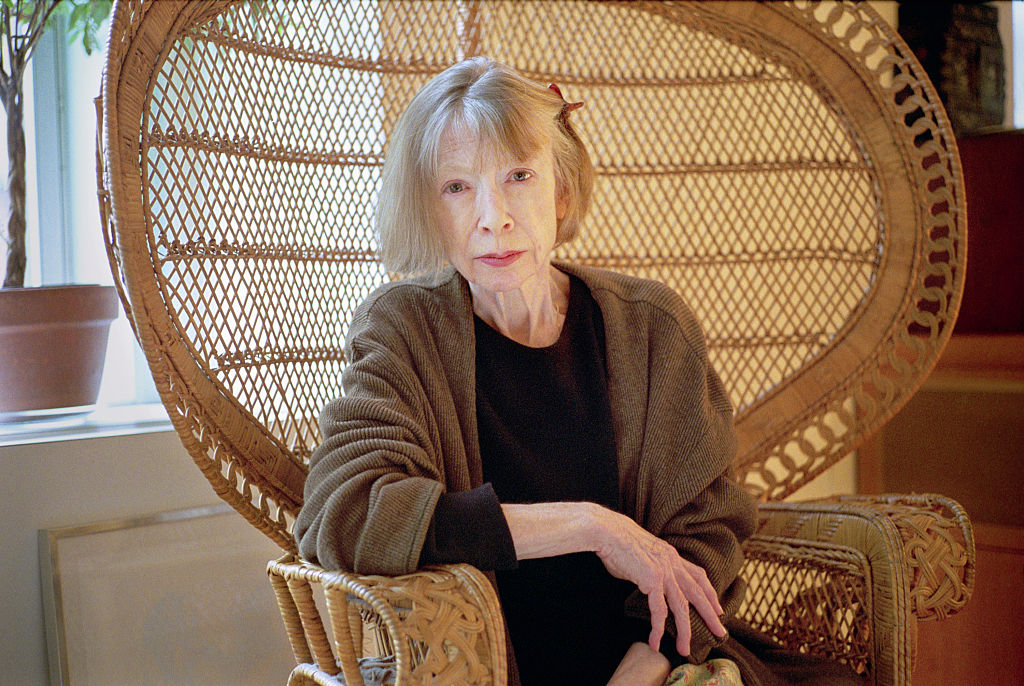Oh hell, the novel after the Big Book. It’s so, so difficult. David Nicholls took seven years to follow up One Day with Us. Alex Garland gave up after The Beach and went off to write films. Lawyers prevent me from speculating on precisely what it did to Allison Pearson. And Kiley Reid’s Big Book was a joy. Her debut novel Such a Fun Age was razor-sharp, incredibly funny and utterly unafraid: commercial fiction with serious things to say and with wide appeal. It won prizes and sold brilliantly. Of course it’s difficult to follow up. And Come and Get It, whose title is difficult to remember and has nothing to do with the plot, is a classic victim. It’s hard not be sympathetic.
Without sounding like one of those awful creative writing courses currently divesting people of $12,000 and all their hopes and dreams, most stories start with an “inciting incident” (or, if you’re doing the slightly cheaper Robert McKee version, the “call to action”. The magician’s knock on the door of the Hobbit’s cottage; the convict scaring a young boy in a graveyard; Jack Reacher pressing the stop button and getting off the bus.
Such a Fun Age had an absolute whizzer: a black babysitter who came under unjust suspicion for having a white child out at night in a supermarket. Unfortunately, the inciting incident in Come and Get It, which involves a dog, doesn’t happen until three-quarters of the way through the book, when it clearly should have opened it. It also doesn’t happen to the main character. Millie, a well-intentioned dorm assistant at an American university who is saving up for a house, falls in with Agatha Paul. She’s an academic who also writes a column for Teen Vogue — so astoundingly unethical even by journalistic standards you assume there’s a twist coming (there isn’t). Agatha pays Millie to let her eavesdrop on the girls in her care and then writes up the private utterances of entitled nineteen-year-olds for others to sneer at.
The novel is theoretically about money — poor students and rich ones. But Millie, the poor student, is too dully decent (apart from enabling Agatha), and the rich, mean girls are neither rich nor mean enough, and anyway we don’t really see or hear about them much. The meanest, Tyler, is said to have a parent in prison — about whom we know nothing. Millie has funny, broke friends, but they don’t advance the plot. The potentially best character, Robin — Agatha’s ex and a freeloading dancer — is equally inconsequential.
The plot rarely moves out of a narrow corridor and only begins to breathe when Millie starts doing up her house. Even then we are hauled back to tedious dorm meetings and low-level spats about washing up. It’s not even clear what kind of university this is. Tough? Terrible? For dumb, rich people? A catering college? We never break out of the halls of residence long enough to find out.
Reid is such an obviously talented writer that you understand her desire to break the norms of fiction. But for most of us a novel is a story. It can meander, but we still need a sense that we are going somewhere and that the journey will be pleasing. In fact in many novels the journey is the fun, and the lover’s kiss or the identity of the murderer much less interesting than what came before. Here, everything that comes before is a bit of a mess. Thank goodness Reid has got this difficult book out of the way and will undoubtedly move on to fulfilling her huge potential.
This article was originally published in The Spectator’s UK magazine. Subscribe to the World edition here.






















Leave a Reply